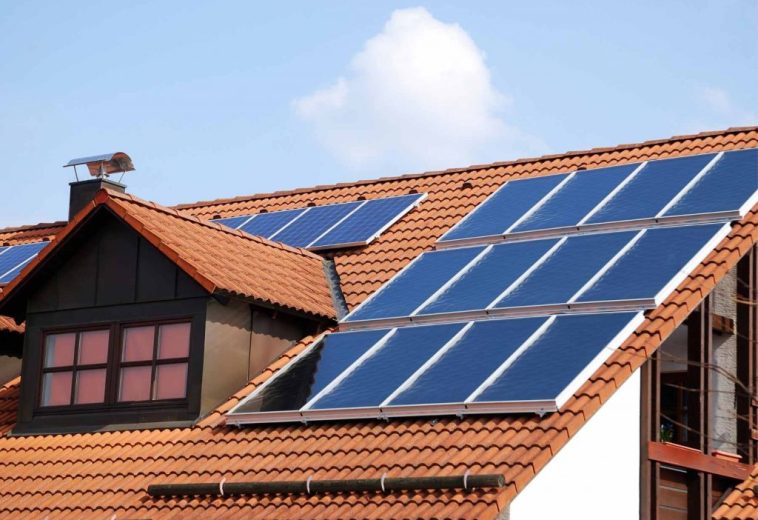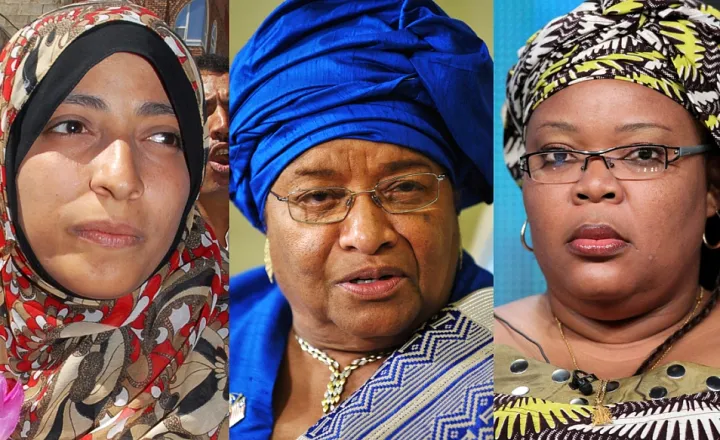Despite education being the foundation of a thriving society, millions of African children are still denied the chance to learn and develop, missing out on a vital opportunity for growth. However, a turning point has been reached, as African leaders and international partners have increased their efforts to tackle this pressing challenge. This article examines the progress made, the financial investments, and the collaborative initiatives that are reversing the tide of out-of-school children across the continent.
According to UNESCO’s 2021 report, an estimated 98 million children and adolescents in sub-Saharan Africa are currently out of school, a crisis that is fueled by poverty, conflict, cultural norms, and inadequate infrastructure. In recognition of the far-reaching consequences of an uneducated population, African leaders have launched a range of initiatives aimed at re-engaging children in education and providing them with the opportunities they need to thrive.
Over the past three years, several African governments have significantly increased their education budgets to address the out-of-school crisis. For instance, the Nigerian government allocated approximately $2.6 billion to education in 2022, a 20% increase from previous years, with a substantial portion earmarked for initiatives aimed at enrolling out-of-school children. Similarly, in 2021, Kenya’s Ministry of Education launched the Competency-Based Curriculum (CBC) initiative, investing around $1.5 billion to ensure inclusivity and access to education for all children, particularly those in marginalized communities. In Ghana, the government increased its education budget to $1.2 billion in 2022, focusing on free senior high school education and expanding educational infrastructure. In Ethiopia, Prime Minister Abiy Ahmed chairs a strong emphasis on education reform as a key component of his national development strategy. In 2023, the government invested approximately $2.9 billion in education programs aimed at combating dropout rates and increasing access to quality education in rural areas. One notable initiative is the General Education Quality Improvement Program (GEQIP), which has been instrumental in driving these efforts.
International donors have played a crucial role in augmenting government efforts to address the education crisis in Africa. In the past three years, significant funding has been allocated to educational programs across the continent. The Global Partnership for Education (GPE) has disbursed over $500 million between 2021 and 2023 to various African countries, supporting initiatives aimed at enrolling out-of-school children and enhancing educational quality. UNICEF has made a substantial contribution, providing around $350 million since 2021 to programs focused on increasing school enrollment, particularly for girls and children affected by conflict. The World Bank’s Education for All Fast Track Initiative has also provided $400 million in grants to support educational reforms and expand access to schooling across several African nations.
Measurable Impacts
The concerted efforts of African governments and international donors have begun to bear fruit. In Nigeria, primary education enrollment rates have risen by 15% between 2020 and 2023, resulting in over 3 million additional children returning to the classroom. Kenya’s Community-Based Education Program has successfully enrolled over 1 million out-of-school children since its inception. Ghana’s free senior high school initiative has led to a 12% increase in enrollment rates over the past three years. Moreover, innovative strategies such as mobile schools in nomadic communities, conditional cash transfers to incentivize school attendance, and community-based education programs have been instrumental in reaching the most disadvantaged and marginalized children. These efforts demonstrate the potential for collaborative action to make a tangible impact on education outcomes across Africa.
READ ALSO: Are We Decolonizing African Education to Unveil New Horizons?
According to the World Bank, the percentage of children enrolled in primary education in Sub-Saharan Africa has jumped from 60% in 2000 to 80% in 2022, a significant achievement. Countries like Kenya and Ethiopia have made notable progress in reducing the number of out-of-school children.
Africa’s concerted efforts to address the out-of-school children crisis are yielding weighty results, thanks to the combined efforts of governments and international donors. The influx of financial investments and innovative programs has brought education to millions of children, setting the stage for a brighter future. However, to fully realize this vision, sustained support, robust policies, and community engagement are crucial. As Africa continues to progress, the dream of universal education is becoming increasingly within reach, promising a more educated and prosperous Africa for generations to come.


